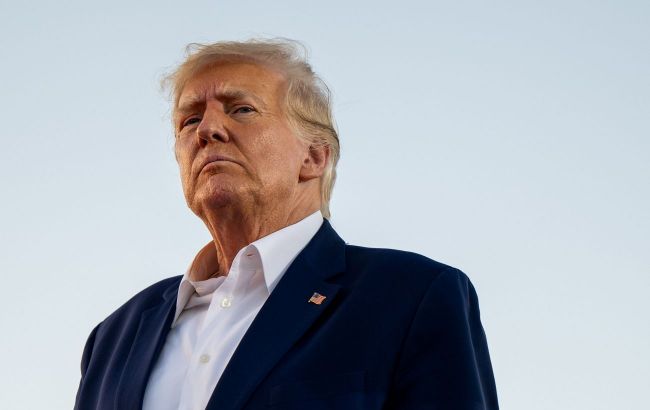Potential Trump's win forecasts shift in U.S. policies toward NATO and Ukraine, Reuters reports
 Donald Trump (Photo: Getty Images)
Donald Trump (Photo: Getty Images)
Donald Trump plans to appoint loyalists to key positions in the Pentagon, State Department, and CIA if he wins the 2024 presidential elections, giving him more freedom than during his first presidency, according to Reuters.
Assistants and diplomats who worked with the former President of the United States stated that by appointing loyalists, Trump could make radical changes to U.S. positions on various issues, from the war in Ukraine to trade with China, as well as in federal institutions that implement - and sometimes restrain - foreign policy.
Reuters' sources reported that having more loyalists would enable Trump to advance his foreign policy priorities faster and more effectively than before. Trump has stated that, if president, he would direct American special forces against Mexican cartels.
According to Trump's aides, if he returns to power, he wouldn't waste time cutting defense aid to Europe and further reducing economic ties with China. However, during a possible second term, Trump would discuss imposing trade tariffs on NATO countries if they don't meet their commitment to spend at least 2% of their GDP on defense.
Sources mentioned that, unlike the 2016 presidential campaign, Trump has formed a group of individuals with whom he regularly communicates, who have significant experience in foreign policy, and whom he trusts personally. Among them are Trump's former Director of National Intelligence John Ratcliffe, former U.S. Ambassador to Germany Richard Grenell, and a former Trump staffer who held multiple positions in intelligence and defense, Kash Patel.
While the specific policies of these unofficial advisers vary to some extent, most actively defended Trump from the moment he left the presidency and expressed concern that the U.S. pays too much to support NATO and Ukraine.
Ban on NATO withdrawal
Recently, the U.S. Congress prohibited country presidents from making decisions to withdraw from NATO. In the past, the alliance was criticized by former President Donald Trump. However, under President Joe Biden, NATO's importance has increased, especially after Russia's invasion of Ukraine in February 2022.

